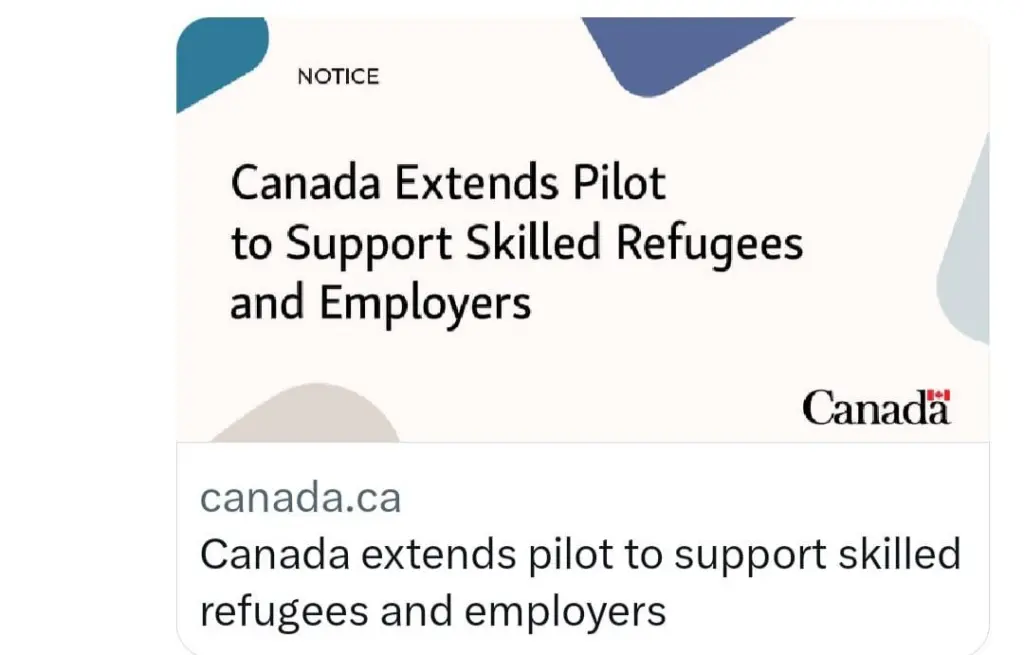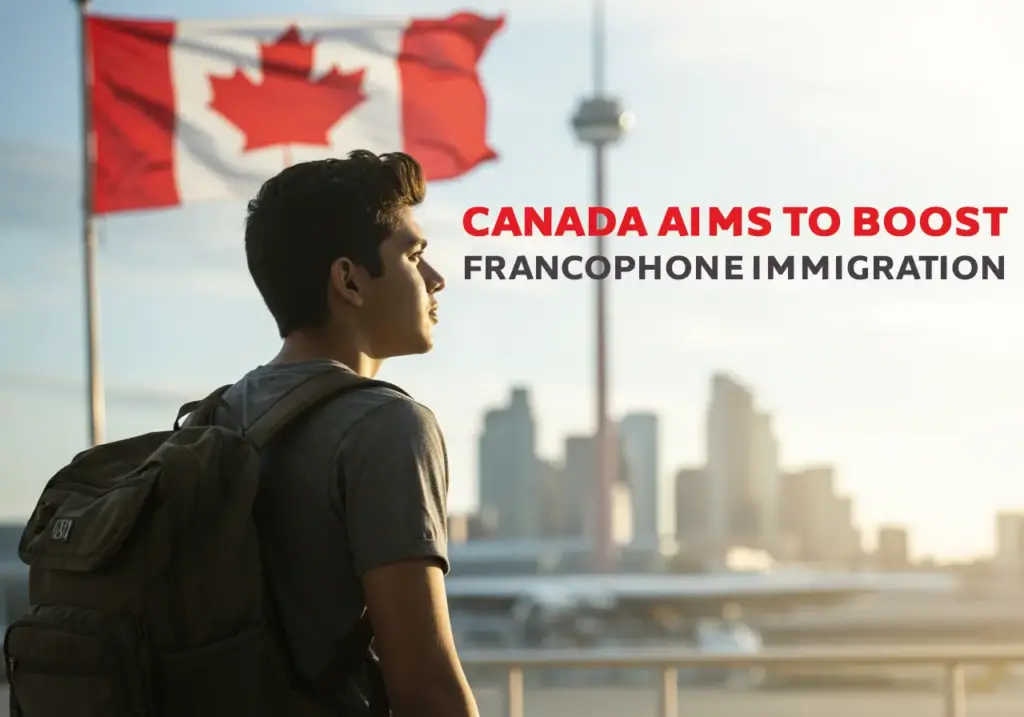Ontario to Connect Foreign Students with In-Demand Jobs
Yesterday, Ontario announced through a press release that it will prioritize public postsecondary education programs to facilitate graduates’ entry into high-demand job sectors.
This initiative addresses the province’s labour market needs in response to the federal government’s restriction on the number of study permit applications from international students over the next two years.

In Ontario, 96% of study permit applications will be allocated to publicly funded colleges and universities, while the remaining 4% will be designated for private universities, language schools, and other institutions within the province. Career colleges will not be eligible to receive any applications.
Institutions will be evaluated based on the following criteria:
- Emphasis on programs in high-demand fields such as skilled trades, healthcare human resources, STEM, hospitality, and childcare.
- Adherence to the 2023 permission levels.
- Implement measures to ensure that the proportion of international permits does not exceed 55% of the institution’s domestic enrollment in 2023, except in high-demand sectors.
- Prioritization of French-language enrollment to address the increasing demand for French-speaking employees.
To support colleges and universities in transitioning their programs to align with labour market demands and foster Ontario’s economic growth, the government will collaborate closely with them.
Find out if you are eligible to get in Canada →
Ontario Provincial Attestation Letter (PAL)
The Ontario Provincial Attestation Letter (PAL) is a necessary document for most international students applying to study in Ontario. It confirms to immigration authorities that the applicant has been accommodated within federal quotas.
Students who have accepted admission offers and plan to enroll in a postsecondary institution should contact their admissions office to obtain this letter.
In January 2024, Immigration, Refugees, and Citizenship Canada (IRCC) introduced changes to the International Student Program for 2024 and 2025. These changes include capping the number of study permits issued to international students, except for those enrolled in master’s and doctoral programs and those in kindergarten through grade 12.
Applications for 22 out of 23 universities will be maintained at the 2023 level, with Algoma University being the only exception, experiencing a decrease.
Among the 24 colleges, only 11 will continue to accept applications as per the 2023 quota. Notably, Conestoga College and other public-private college partnerships will see significant reductions.
As part of the reforms announced in January 2024, international students starting programs at publicly subsidized colleges administered through private partners will no longer be eligible for post-graduation work visas starting May 15, 2024.
Enhanced Protection for International Postsecondary Students
In a bid to enhance the safety and satisfaction of international postsecondary students studying in Ontario, the government has implemented the following measures:
- Mandating all publicly funded schools and institutions to ensure accessible accommodation options for incoming overseas students.
- Allocating over $32 million in funding for the 2023–24 period to bolster mental health support for all postsecondary students. This includes direct financial assistance to institutions through various grant programs.
- Proposing the Strengthening Accountability and Student Supports Act of 2024, aimed at further enhancing the student experience. If passed, this legislation will introduce additional measures to support mental health, foster safe and inclusive campuses, and promote increased fee transparency. These reforms will benefit all students, including those from international backgrounds.
Ontario’s plan to link foreign students with jobs that are in demand is a big move toward helping these students find meaningful work after graduation. By focusing on programs that match the needs of local industries and making sure international students have access to these opportunities, Ontario is not only improving their educational experience but also boosting the economy. Through partnerships between schools, government, and businesses, Ontario is making it easier for international students to succeed and contribute to their new communities. Moving forward, let’s keep supporting efforts that connect education with job opportunities, giving students from all over the world a chance to thrive in Ontario.











